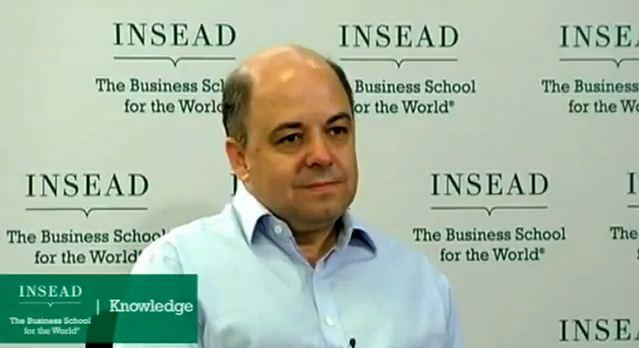
“If you look at the market and where there’s growth potential, China had it a few years back, but there’s nothing now of the scale of India,” Padmanabhan says. India has great prospects, he adds. “If you look at the demographic distribution, India has a very young population, the economy is growing, these people are getting employed, they have better opportunities … and these are going to be the base of the consumption society in India and the opportunity is huge.”
It’s also a market where unorganised retail is the norm – most stores are mom and pop shops and department stores have been few and far between. But that’s changing. “If you’d gone to India at the turn of the millennium, in the big cities you’d see a handful of department stores and maybe a couple of isolated malls, but beyond that there are very few department chains that even had multiple stores within the city, let alone beyond the city. So it’s a very localised phenomenon and in that sense what’s interesting is if you look at the way in which things are growing, the department store is going to be one of the formats that’s going to take off and be very successful in India,” he says.
India will pose 'unique challenges'
Carrefour and others normally look to develop hypermarkets but, unlike the situation in Western countries, in India these would have to located within cities, rather than on the outskirts of urban areas and that will pose problems in terms of finding the right location. “People have cars but it’s a nightmare driving back and forth,” Padmanabhan says, “So if you’re looking at opening a big footprint store in a city you have a lot of constraints, apart from availability of space and location, regulation and things like that.” So for retailers like Carrefour or Wal-Mart, India will pose unique challenges.
“What you learn in retailing is that it’s always local,” Padmanabhan says. “So the challenges in Thailand are very different to Malaysia.” The challenge in India will be how to localise the stores: “If you look at a Carrefour or Tesco and you look at the countries they’re in, 90 per cent plus of what they sell is local, so being local is the key.”
Local players such as Reliance are already expanding aggressively into retail and they’re aiming to secure prime locations for their outlets. “I think what these people are going to do, before these (foreign) companies come in, will be to take the first mover advantage and try to milk it for what it’s worth. They’re already very, very aggressive in pushing this, especially with locations. These people have gotten retail locations that are far more than they need and in excess of their own projections, partly to make sure they have access to these locations, because that’s one of the key things in these markets.”
“So even if Wal-Mart and Carrefour come in, they’re going to have their work cut out, trying to get locations.” Local retailers are also working hard on developing their supply chains. “These people are going to be very sophisticated, very smart people and it’s going to be hard to compete with them. You won’t say the odds are in favour of Wal-Mart or Carrefour … (because) the history of these players when taking on strong local retailers is not very good.” Padmanabhan points to Korea, where Carrefour and Wal-mart had to ‘beat the retreat’.
As far the Indian retail sector’s concerned, Padmanabhan says, “what we’re seeing are the early moves.” The next five to ten years should be interesting, he adds. “Now what you see are people putting their pawns in place and that’s a precursor to the next act, the formal conflict if you will.”
-
View Comments
-
Leave a Comment


No comments yet.